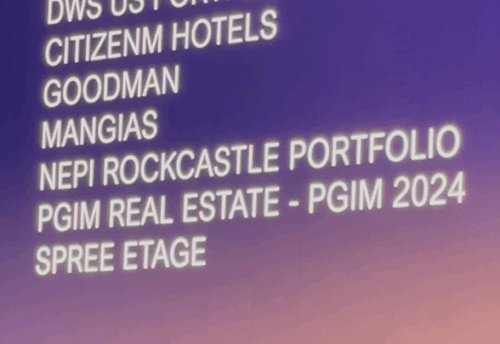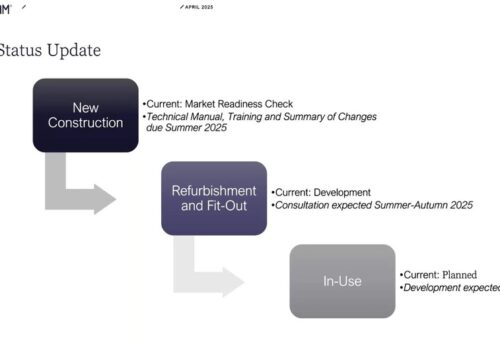
- May 30, 2025
ESOS and MEES updates
Energy Saving Opportunity Scheme (ESOS)
The UK government has released more details about the new legislative obligations that large enterprises need to comply with by 5th December 2025, specifically about the submission of Initial Progress Updates.
Following submission of the ESOS action plan, which was required to have been provided by 5th March 2025, all ESOS participants, including those whose action plans proposed no energy saving measures, must submit an initial progress update (Progress Update 1) no later than 5 December 2025. The functionality to enable submission of the update will be made available in MESOS (“Manage your ESOS reporting” online portal) in mid-June.
To support ESOS participants to prepare the information needed for the initial progress update, here’s a number of helpful documents to consult:
- an Initial Progress Update (PU1) template, which can be found here: https://ea.sharefile.com/share/view/s582fa264a673472289d0277104c399de
- a Q&A containing regularly asked questions on Progress Updates here: https://ea.sharefile.com/share/view/s75eb766513ae4c03a187c8af5dbc3058
- detailed Progress Update guidance here: https://ea.sharefile.com/share/view/sb2ea2531275d48e9a123fd23105d2b63
The template, which may be shared with ESOS lead assessors and is optional to use, shows the questions that will appear in MESOS and enables collection of all the necessary data. Once the functionality to enable submission of the initial progress update is available in MESOS, the data must be transferred manually into MESOS as the template itself cannot be uploaded. Although ESOS lead assessors can assist with gathering information and completing the template for the initial progress update, only the responsible undertaking can enter and submit the data in MESOS.
Disaggregated undertakings, i.e. undertakings which have left their highest parent group / participant since it submitted an action plan, are required to submit an initial progress update on their own behalf if they have not agreed to do so with either their old group / participant or new group. This will require the creation of an account in MESOS, and the Q&A explains how to do this. The Q&A, guidance and template explain how to complete the information requirements.
Any late or non-submission of the initial progress update could be subject to enforcement action by the regulator.
Minimum Energy Efficiency Standard (MEES)
Watch this space as Energy Performance Certification (EPC) Energy Assessors are being informed that the UK government is currently debating about Phase 2 of “Commercial MEES“, specifically setting the minimum requirement for over one million commercial properties in the UK to achieve an EPC asset rating of B as a minimum by 2030, and an announcement is expected before 30th June 2025, which may impact the real estate industry in Britain.
The Energy Efficiency (Private Rented Property) (England and Wales) Regulations 2015 established a minimum level of energy efficiency for rented property. There seems to be a risk that, under pressure from anti–Net Zero Carbon sentiment and lobbying by landlord groups, the timescale and scope of the next phase may differ from the initial ambitions and expectations. This is causing some uncertainty and sometimes frustration, because – if this happens – it may send the wrong message and potentially undermine the UK’s climate goals considering how important clear regulatory signals are to driving meaningful energy efficiency upgrades across our industry and guide long-term investment and operational decisions.
When Phase 1 compliance started in 2018, 15.5% of commercial buildings were rated F or G (non-compliant). By the end of 2024, that figure fell to just 6.4%, demonstrating how clear and realistic regulation can drive meaningful change and consequently reduce CO₂ emissions, unlock substantial private capital investment, boost employment, lower energy bills for UK businesses, and support the nation’s broader Net Zero and energy security ambitions.
Phase 1 sparked substantial investment in energy upgrades over the last five years to ensure that properties were rated “E” as a minimum and right now the momentum seems to be stalling, as the industry awaits clear direction from the government and, without a firm policy commitment, many landlords remain reluctant to release the necessary capital to unlock the billions of pounds in private capital necessary in Phase 2 for retrofit projects.
Interesting times ahead…













